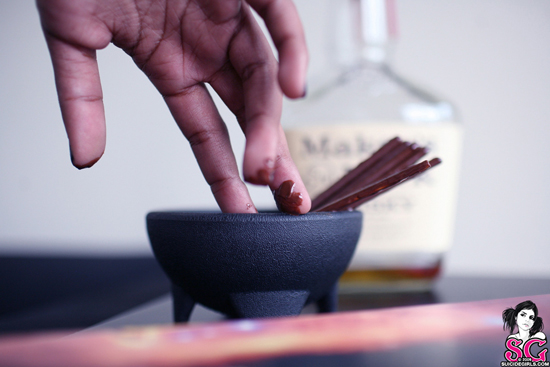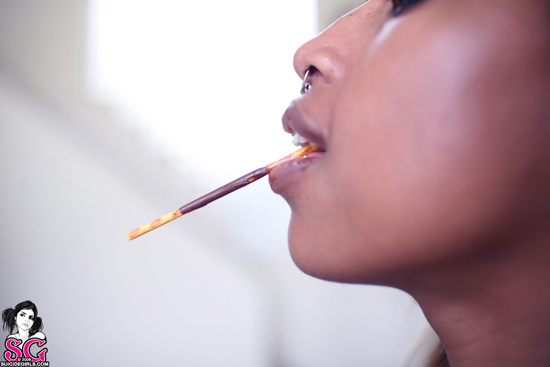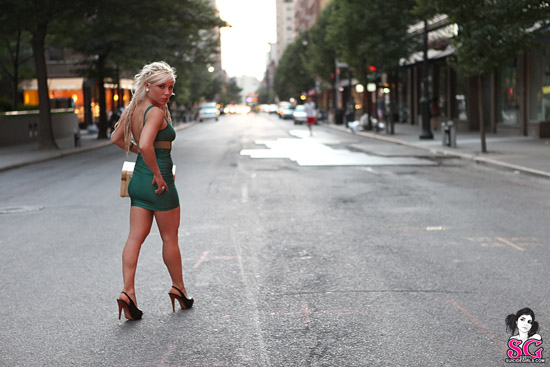by Nicole Capobianco

As a member of Occupy Wall Street since its beginning 7 months ago, I have been doing the balancing act between being enrolled as a full time student and being an activist. I find myself to be a small but important part of a much larger collective, one in which I believe in wholeheartedly. So what do you believe? Most of my classmates seem shockingly apathetic these days. Meanwhile, I’m keeping track of the latest right we’ve lost, the newest surveillance technique that is being used, and how the illusion of freedom melts away into an ugly reality. With that ugliness also comes my individual political will to act against injustice and instigate change for the betterment of society.
I have 25 hours of class a week. That’s 8 classes and 18 credits this semester. The work for those classes is an additional 25 hours, and my job takes up between 14-20 hours a week. Put that together and you quickly realize that even eating and sleeping healthily takes a hit from all of this activity. The rest of my time since September has been devoted to furthering the Occupy movement in various ways, as this cause has become a huge part of me. I therefore decided to compile some advice for my fellow students, in the hopes that they will use this as a tool to engage in activism while still keeping up with their commitment to academics.
The core of time management has been balance. When I began this journey in September, I had already chosen my semester’s schedule and my work schedule. Needless to say, it didn’t play to my advantage. I was doing too much, and I ended up being sick three times in a three month period. Winter break approached and I changed my schedule to one that would work best to accommodate my activism. I started cooking my food again instead of ordering out. I started to use my weekends as a time of flexibility to do school work, freelance work, or movement work. I told myself I wouldn’t miss class time to protest, realizing that I had been locked into mortgaging my future through loans that brought me to school. It sometimes seems like school is irrelevant when thinking about revolution, but this is my reality and so balance became an important part of how I manage to take the streets. And, hey, I still made the dean’s list!
The second way to be a productive student and activist is to treat campus as if it is an outreach hub. Students have a vested interest in the issues of Occupy Wall Street, even though many of them don’t know it. It’s about each person realizing that there are various things that oppress them, and that they have a stake in the future of this movement. Many students live in a bubble, with thoughts such as “I still have two more years till I graduate and have to get a job” and “This education will give me the connections and skills to pay off these loans easily” being paramount in their minds.
When challenged about Occupy, others say stuff like “My parents paid for my education upfront so I don’t have any loans to worry about.” Or, my favorite, “My parents are part of the 1%, and protestors don’t know what they are protesting about.” Whether it is subtle or loud, I can find one thousand and one ways to loop the conversation back into one about the various issues contained within Occupy and the general importance of dissent within groups of young people, like us, students.
One of the most important things you can do as a student activist is to be honest with your professors. You would be surprised how many of them will support you, even if you are involved in political actions that do not align with their personal politics. If you plan on going to an action that has the possibility of arrest, contact your professors beforehand – and ideally in person. Explain to them that you are going to the action because it is something you believe in and because it is your right to do so, and if an assignment is due, let them know that you have a classmate ready who can present your work so it is not late.
The professors that I have approached have been overwhelmingly positive with words of encouragement and support. When Liberty Plaza was evicted and I was out all night, I texted my professor at about 8 AM to let him know that I wouldn’t make my 9.30 AM class. He told me to simply get some sleep. Teachers are part of the 99% too, and they often respect your right to redress your grievances – and that you’re doing something for the greater good – even if it’s technically inconsistent with the rules of their higher education establishment.
Overall, the best advice I can give is to focus on the things that you can do. You could spend all day making up a list of things you can’t accomplish and things that can’t change, but your willingness to act will make a difference in the struggle. Know your power as a student, as someone who made the conscious choice to learn, and as someone who knows that education is a right of all human beings. Don’t wait until later. Later comes a full time job, more commitments, relationships, more excuses to justify apathy and indifference. Most importantly, do not be afraid.
On May Day I will be on strike during one of my final exams, and later that night when my 5 PM till midnight work shift is due to begin. We run the world that they own, and they enslave us with debt. As a student it is depressing to think that I haven’t spent one day of my adult life without negative dollar signs above my head. We have the power to change these structures. Join me, rise up, and occupy everything!
***
Nicole Capobianco is a freelance photographer and web designer, facilitator of the Radical Education Collective, and a student at the Pratt Institute seeking a Bachelor of Fine Arts degree in Photography. She lives in Brooklyn, NY. She considers herself a collaborator with an aesthetic eye for composition and design. Nicole is an artist, a thinker, and a revolutionary who has been involved with Occupy Wall Street since day one. She enjoys reading, dialogue, good food, making art, and being by the ocean. Her photography can be seen on her website: nicolecapobianco.com/. Her Twitter handle is: @nbcapobia
[..]



































